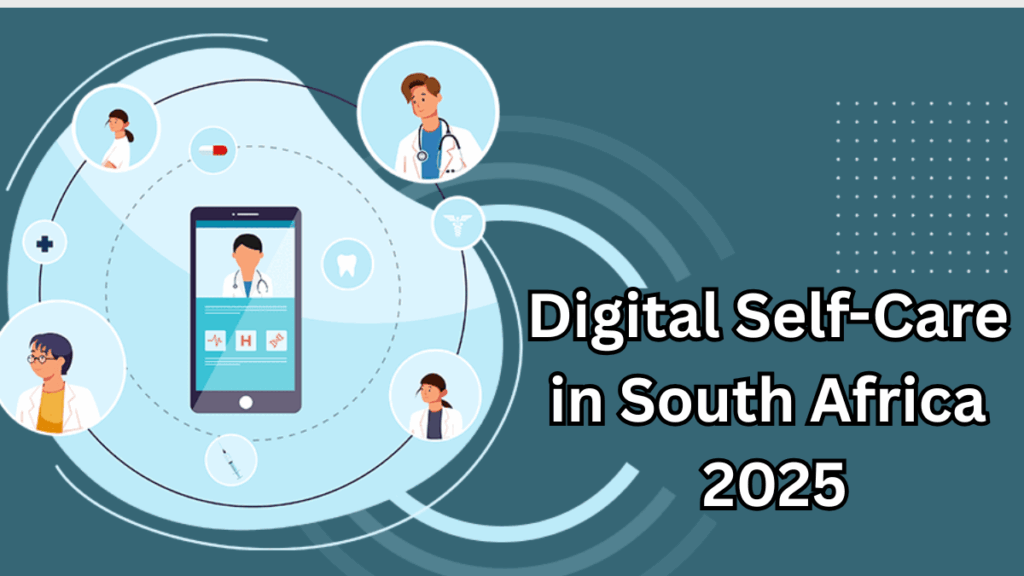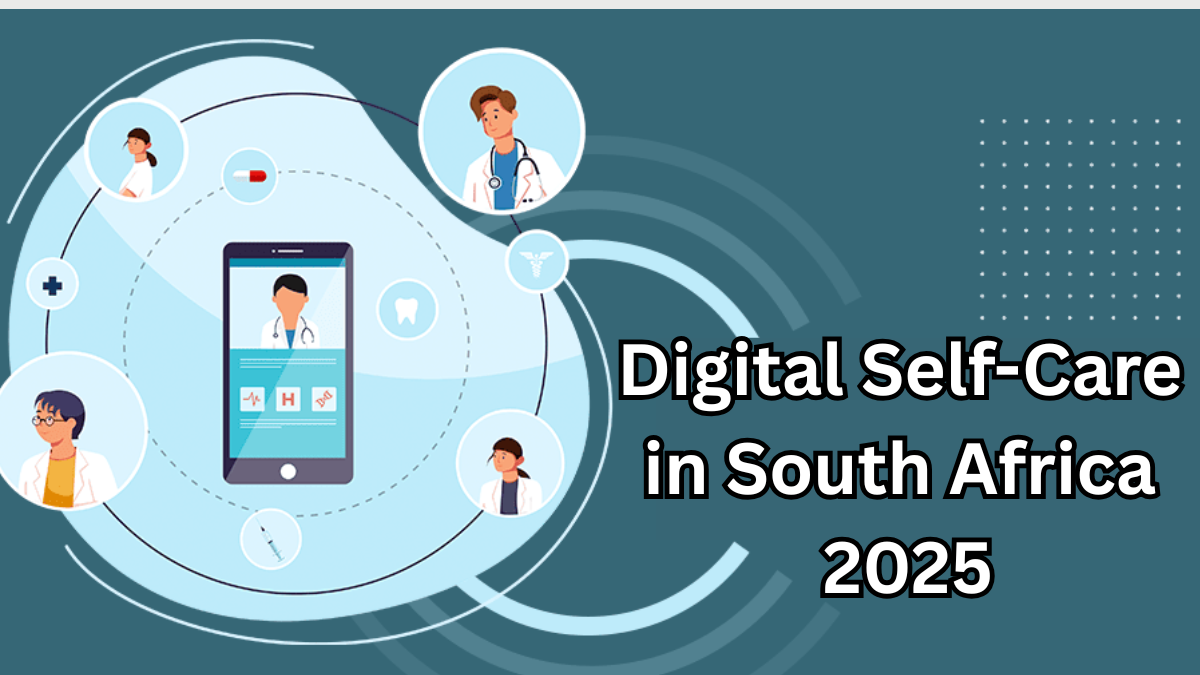In 2025, South Africans are embracing a new kind of self-care—one that doesn’t require expensive memberships, long commutes to clinics, or even stepping outside the house. Thanks to advancements in mobile technology and digital health platforms, self-care is now in the palm of everyone’s hand.
Families across the country are using wellness apps not just for fitness, but for sleep, nutrition, emotional support, and mindfulness. This rising trend in Tech & Digital Self-Care Habits is quietly transforming how South Africans take care of themselves and each other at home.

The Digital Shift in Wellness
Self-care used to mean spa days, gym memberships, or therapist visits. While these are still valuable, technology has introduced alternatives that are more accessible, budget-friendly, and deeply personalized. In today’s fast-paced lifestyle, people are looking for wellness tools that fit into their routines, not the other way around.
Why Digital Self-Care Works for South African Homes
-
Accessibility: Smartphones are now commonplace in both urban and rural areas, making wellness tools widely available.
-
Affordability: Many apps offer free basic features or subscription plans far cheaper than traditional healthcare.
-
Anonymity & Privacy: Mental health stigma remains an issue. Apps allow users to seek help privately, without fear of judgment.
-
Cultural Relevance: South African developers are stepping up to create apps tailored to local languages, traditions, and emotional experiences.
Tech & Digital Self-Care Habits That Are Reshaping Routines
From teenagers managing exam anxiety to parents looking for better sleep, digital wellness has become a household practice. These aren’t just one-off downloads—families are integrating these apps into their daily habits.
Key Ways South Africans Use Wellness Apps
-
Start the day with five-minute breathing sessions via Mindful SA.
-
Track moods and stress levels after a long workday using ZenziWell.
-
Plan healthy family meals through apps offering local diet plans.
-
Join family fitness sessions using Fit@Home ZA, keeping everyone active at home.
-
Help kids wind down with bedtime stories and calming sounds from SleepNdz.
Top Wellness Apps Making an Impact in 2025
Let’s take a closer look at the most widely used and impactful apps for mental health in South Africa and general well-being.
| App Name | Focus Area | Key Features |
|---|---|---|
| Mindful SA | Meditation, mental clarity | Daily reminders, guided sessions in English, isiZulu, Xhosa |
| ZenziWell | Emotional well-being, anxiety | AI support, journaling, stress analytics |
| Fit@Home ZA | Home-based fitness & nutrition | Local workout videos, healthy South African meal plans |
| SleepNdz | Sleep improvement | Sleep tracking, calming soundscapes, sleep coaching |
| ParentPal Mzansi | Parenting & family mental health | Parent coaching, behavior tracking, child sleep routines |
These tools are no longer viewed as “nice to have”—they are becoming essential wellness companions for families seeking stability, especially in times of stress and uncertainty.
Empowering the Whole Household
Digital self-care is not just about the individual—it’s becoming a collective wellness practice. Here’s how it’s influencing entire families:
Children and Teens
-
Using storytelling meditation apps to improve focus and emotional regulation.
-
Benefiting from positive reinforcement tools and digital mood trackers.
Adults and Parents
-
Managing financial and emotional stress through mental health apps.
-
Getting accessible parenting guidance in real time.
Elderly Family Members
-
Accessing simple physical therapy and brain stimulation games.
-
Using voice-assisted meditation apps for improved accessibility.
This family-wide adoption is what’s making Tech & Digital Self-Care Habits a uniquely South African movement—blending tradition with innovation to build healthier homes.
Community Wellness Through Technology
The ripple effect of digital self-care is visible beyond individual homes. Public health organizations, schools, and NGOs are now partnering with app developers to bring wellness tools to underserved communities.
Community-Level Benefits
-
Mental health awareness campaigns integrated with app usage in schools.
-
Workplace wellness programs that include corporate access to wellness tools.
-
NGO collaborations to promote emotional resilience in vulnerable communities.
Through these initiatives, Apps for Mental Health South Africa are helping to bridge long-standing health gaps, especially in rural and low-income areas.
Challenges to Consider
While the benefits are promising, some challenges remain:
-
Digital literacy gaps can prevent older users from taking full advantage of these tools.
-
Limited access to smartphones or data in low-income households.
-
Skepticism about AI-driven mental health support, especially among those unfamiliar with tech.
But the momentum is strong—and growing fast. App developers are now focusing on making platforms more user-friendly and culturally inclusive to overcome these barriers.
FAQs
What are the best apps for mental health in South Africa right now?
Apps like Mindful SA and ZenziWell are among the top-rated tools. They are specifically tailored to the emotional needs and cultural contexts of South African users.
Can these wellness apps be used without internet access?
Some features, like downloaded meditations or exercise plans, are available offline. However, live features (like AI chats or updates) usually require internet access.
Are these apps safe for teenagers and children?
Yes, many apps offer content filtered by age and have family settings. ParentPal Mzansi, for example, is built with children’s mental well-being in mind and offers parental controls.
How do I know if an app is trustworthy?
Check if the app has partnerships with local health authorities, strong reviews, transparent privacy policies, and data encryption standards.
Final Thoughts
The digital revolution in wellness is not a futuristic concept—it’s happening now in homes across South Africa. As smartphones become more integral to daily life, the use of Apps for Mental Health South Africa and tools that support Tech & Digital Self-Care Habits will only increase.
From young professionals managing burnout to grandparents seeking gentle workouts, these apps are proving that self-care can be inclusive, accessible, and deeply personal.
In 2025, wellness is no longer a destination. It’s an everyday experience—guided, supported, and sustained by the power of digital tools.
Click here to learn more
